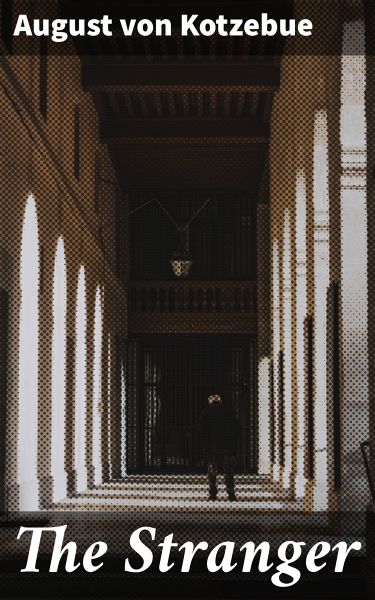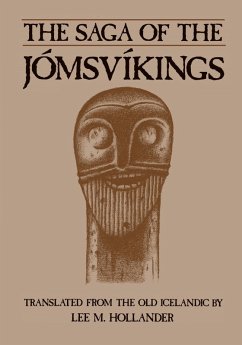
The Stranger (eBook, ePUB)
Enriched edition. A Drama, in Five Acts
Kommentar: McAllister, Dylan / Redaktion: Good Press / Übersetzer: Thompson, Benjamin

PAYBACK Punkte
0 °P sammeln!
August von Kotzebue's "The Stranger" is a quintessential example of late 18th-century German drama, encapsulating the spirit of the Sturm und Drang movement. The play revolves around themes of identity, alienation, and the moral dilemmas faced by individuals in transition. Kotzebue employs a mixture of lyrical dialogue and poignant character studies, creating a tapestry that reflects societal norms while challenging them. Its exploration of the human condition is enhanced by richly drawn characters, including the enigmatic protagonist, who grapples with their place in a rapidly changing world,...
August von Kotzebue's "The Stranger" is a quintessential example of late 18th-century German drama, encapsulating the spirit of the Sturm und Drang movement. The play revolves around themes of identity, alienation, and the moral dilemmas faced by individuals in transition. Kotzebue employs a mixture of lyrical dialogue and poignant character studies, creating a tapestry that reflects societal norms while challenging them. Its exploration of the human condition is enhanced by richly drawn characters, including the enigmatic protagonist, who grapples with their place in a rapidly changing world, showcasing a blend of romantic idealism and tragic realism. Von Kotzebue, a prolific playwright and influential figure, navigated the tumultuous waters of a post-Enlightenment society, emphasizing the emotional and existential struggles of individuals. Born in 1761, his experiences traveling across Europe informed his understanding of diverse cultures and human behaviors, which he masterfully woven into his narratives. His theater career, marked by both acclaim and controversy, provides significant context to "The Stranger," as it demonstrates his keen awareness of contemporary societal issues and the evolving dynamics of personal identity. This play is a vital read for anyone interested in the foundations of modern drama and the exploration of identity. Its compelling narrative and multi-dimensional characters resonate far beyond its time, inviting readers to reflect on their own sense of belonging in society. "The Stranger" is not only a critical work in the canon of German literature but a profound commentary that remains relevant in today's globalized world. In this enriched edition, we have carefully created added value for your reading experience: - A succinct Introduction situates the work's timeless appeal and themes. - The Synopsis outlines the central plot, highlighting key developments without spoiling critical twists. - A detailed Historical Context immerses you in the era's events and influences that shaped the writing. - A thorough Analysis dissects symbols, motifs, and character arcs to unearth underlying meanings. - Reflection questions prompt you to engage personally with the work's messages, connecting them to modern life. - Hand-picked Memorable Quotes shine a spotlight on moments of literary brilliance. - Interactive footnotes clarify unusual references, historical allusions, and archaic phrases for an effortless, more informed read.
Dieser Download kann aus rechtlichen Gründen nur mit Rechnungsadresse in A, B, BG, CY, CZ, D, DK, EW, E, FIN, F, GR, H, IRL, I, LT, L, LR, M, NL, PL, P, R, S, SLO, SK ausgeliefert werden.












